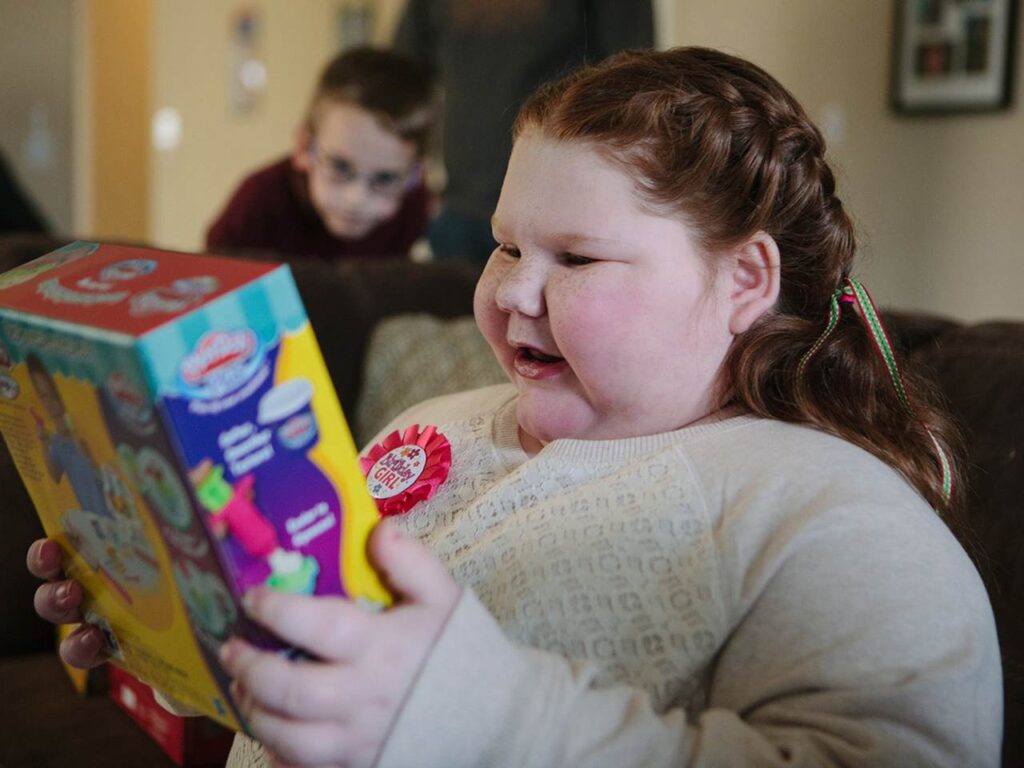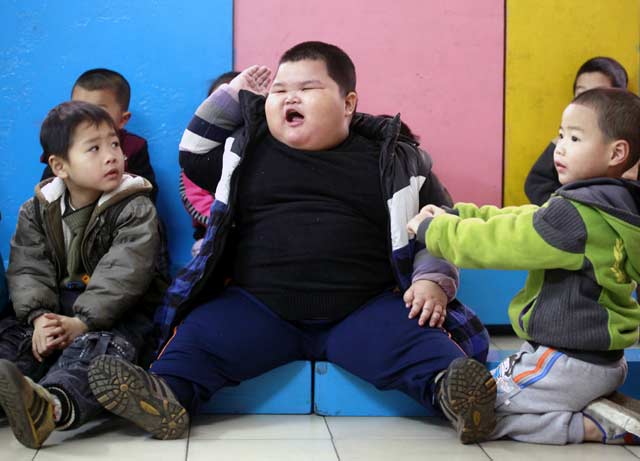
As a child, do you remember being given a lot of food and being told to gulp down every single bit of it? Have you encountered parents who think that fat children make healthy and happy children? These are among the reasons for the rise of child obesity cases worldwide.
What is obesity?
Obesity means having too much fat content in the body. To describe it scientifically, obesity is characterized by having a weight measurement and body mass index well above the norm. It results from high amounts of calorie intake and very little expenditure of energy.
Obesity is a rapidly growing problem all over the world. A recent study has shown that All around the world, an estimated three hundred million adults are obese.

Around the world, an estimated twenty-two million children aged five and below are overweight.
What causes childhood obesity?
Like any other medical condition, child obesity may be caused by a number of factors, most often in combinations. Obesity may either be: acquired from external factors, hereditary, caused by psychological factors, or secondary to a present condition.
- Acquired. This may be a result of poor eating habits and a lack of physical activities to burn off the calorie obtained from previously ingested food help contribute to a spike in weight gain.
- Hereditary. Children born of obese parents are more prone to being overweight and obese themselves. This is usually brought about by shared unhealthy eating habits observed by the parents.
- Psychological factors. Obesity may have come secondarily to children overeating to cope with stress and/or negative emotions such as boredom, anger, sadness, anxiety or depression.
- Illnesses. Various conditions such as hypothyroidism, Cushing’s syndrome, depression and other neurological concerns may lead to obesity and weight gain in children.
Are there any complications?

If a child continues to indulge in poor eating habits and does not engage in physical activities to burn off the calories, childhood obesity may develop into life-threatening complications including diabetes, high blood pressure, heart diseases, sleep problems, cancer, and other health concerns. Overweight kids are likely to grow up as overweight adults as well.
Most often than not, obese children get subjected to teasing and public humiliation. To some point, it even leads to harassment, violence and even discrimination by his family. This causes children to grow up with really low self-esteem and depression.
What can be done to prevent childhood obesity?
It is never a good idea to ignore signs of obesity in children. Intervention should be taken to establish good health before your child’s obesity worsens.
Set an achievable weight-loss goal. Your goals shouldn’t be too far-fetched and should still allow room for normal growth and development. Start small, so as not to overwhelm or discourage your child with the changes you’re planning to implement.
Manage your child’s diet. Keep a journal or diary of your child’s daily food. This helps come up with a more accurate dietary assessment. This food journal should be as detailed as possible.

Set aside time for physical activities. Exercise is necessary for continuous weight loss. This also helps redistribute body fat into muscles. Again, start small to avoid discouraging the child. Build up exercise time slowly for better results.
In conclusion, child obesity is a condition that is fully reversible. The best thing to do to avoid this kind of dilemma for your child is to set a good example. Show them how good eating habits and a healthy lifestyle help you enjoy life more. This is the best way to show them you care for them too.

 PARENTING TIPS
PARENTING TIPS PREGNANCY
PREGNANCY BABY CARE
BABY CARE TODDLERS
TODDLERS TEENS
TEENS HEALTH CARE
HEALTH CARE ACTIVITIES & CRAFTS
ACTIVITIES & CRAFTS


